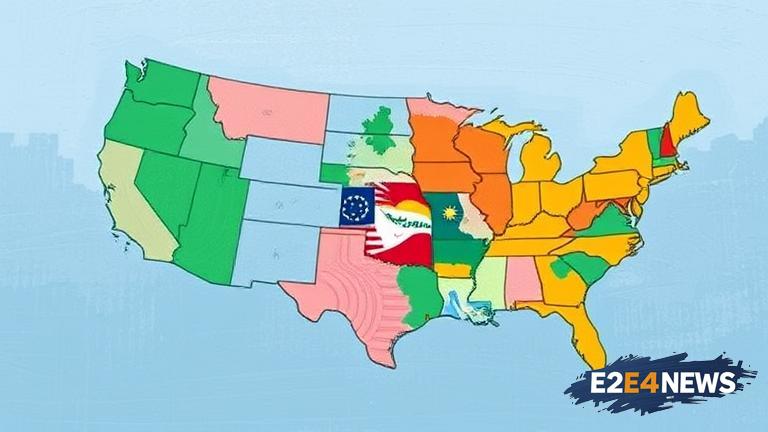The United States has recently implemented a significant change in its visa policy, affecting citizens of certain countries. According to the new regulations, individuals from these countries will be required to provide a guarantee of up to $15,000 to obtain a visa. This move is aimed at reducing the number of visa overstays and ensuring that visitors to the US comply with the terms of their visas. The policy change has sparked controversy, with some arguing that it is unfair to target specific countries and others seeing it as a necessary measure to maintain national security. The list of countries affected by this policy has not been officially released, but it is believed to include nations with high rates of visa overstays. The guarantee requirement will be in addition to the existing visa application process, which includes background checks, interviews, and documentation verification. The $15,000 guarantee will be refundable if the visitor complies with the terms of their visa and departs the US on time. However, if the visitor overstays their visa, the guarantee will be forfeited. The new policy has raised concerns among travelers, businesses, and diplomats from the affected countries. Some have expressed worries about the potential impact on tourism, trade, and cultural exchange between the US and these nations. Others have criticized the policy as discriminatory and unfair, arguing that it targets specific countries and communities. The US government has defended the policy, stating that it is necessary to protect national security and prevent visa abuse. The policy change is part of a broader effort by the US government to reform its immigration system and reduce the number of visa overstays. According to official statistics, thousands of visitors to the US overstay their visas each year, with some estimates suggesting that the number could be as high as 600,000. The new policy is seen as a way to deter visitors from overstaying their visas and to encourage compliance with US immigration laws. However, the effectiveness of the policy remains to be seen, and its impact on US relations with the affected countries is still uncertain. The policy change has also raised questions about the role of diplomacy and international cooperation in addressing immigration issues. Some have argued that the US should work with other countries to develop more effective and collaborative solutions to address visa overstays and immigration challenges. Others have suggested that the policy could damage US relations with the affected countries and undermine international cooperation on issues such as trade, security, and human rights. As the policy is implemented, it is likely to face legal challenges and criticism from advocacy groups and lawmakers. The US government will need to balance its national security concerns with the need to maintain good relations with other countries and to protect the rights of visitors and immigrants. The policy change is a significant development in US immigration policy and is likely to have far-reaching consequences for travelers, businesses, and communities around the world.





